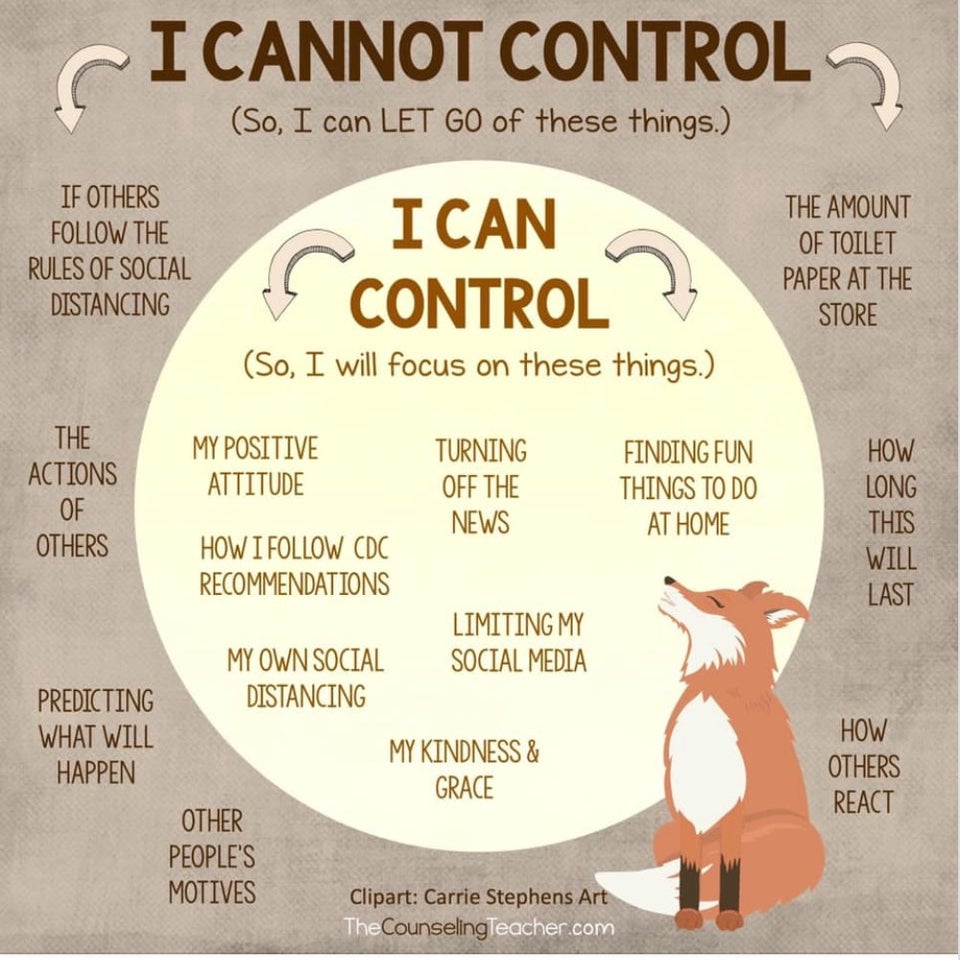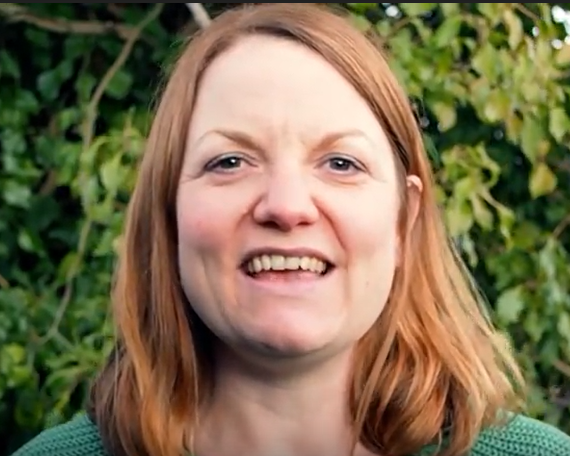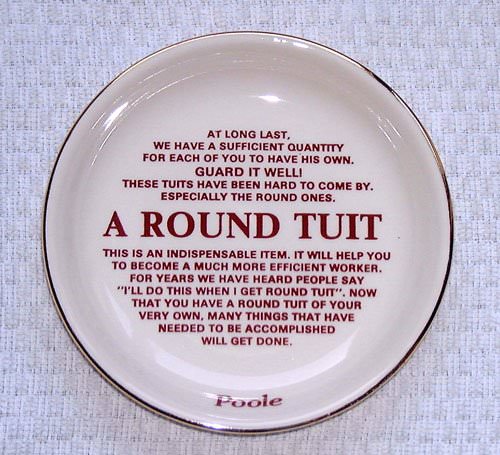Learn more on how coaching impacts our ability to set boundaries and how it becomes easier through the process, bringing benefits to work and life.

How coaching can improve your sleep
Exploration of how coaching has the potential to improve sleep, based on the processing of challenges in waking hours, rather than “churning” it overnight.

How coaching brings a sense of control
What do we mean by “a sense of control”?
A definition from the Human Givens Institute is “having volition to make responsible choices” and thus thelevel of control you feel you have over your life.
What is important about having a sense of control? The original research on control was Rotters Locus of Control. This identified two types of control we have, as humans, internal, and external, one of which brings a more resilient approach, thus impacting our well-being.
Rotters work showed that where people had an internal locus of control, they had a better sense of well-being, due to being more resilient. The reason for this, is that, with an internal locus of control, people believe they have more control over their lives than those with an external locus. That is, people with an internal locus believe they have choices, options, and can choose how they respond to situations, even if they can’t “control” them.
With an external locus of control, people believe external events cannot be changed, and they don’t believe there is anything they can do about things that are “out of their control”).
The very best (in my opinion) view on this however is from Viktor Frankl. As a psychiatrist (and also a prisoner) in the concentration camps, he worked with other prisoners and compiled his observations. In this book Mans Search for Meaning, he shares what he learnt during this time. There were key aspects about what determined peoples likelihood of survival, and one insight was how people approached this sense of control. Where they felt they could choose how they responded to their situation, they were more likely to survive. The following quote sums it up.
“Between stimulus and response there is a space. In that space is our power to choose our response. In our response lies our growth and our freedom”
Viktor Frankl, Austrian Psychiatrist and Holocaust survivor
How does coaching help this?
One of the core components of coaching is that it is “client-led”.
Lets say you are engaging in a coaching partnership. At the start of the process, we figure out what YOUR aims are, each session is directed by you, and even within session, we might change direction, but YOU will be the one leading, so that you get to work through what is on your agenda.
Practicing this supports our human need for being responsible to make our own choices, AND supports one of the other wellness components – boundaries, because it helps you practice being clear about what you want.
Added to that, giving ourselves time and space to think about our challenges, gives us that pause mentioned by Viktor Frankl, and in turn we build capacity to respond rather than react, and start to recognise and build our own resources.
Client quotes:
“I have begun to change my internal narrative about how I perceive myself and what I can achieve“
“I am the driver of my own life. I need to take responsibility of driving my life“
bluegreen Coaching Client Reviews
Want to start helping yourself? Here are some coaching questions to reflect on?
- Make a list of all the things you CAN control, and those that you CAN’T. Review your list and reflect on how you are choosing to respond to the things you can’t control.
- What choices are you making right now in life and work? Note also not doing something is a choice too! [Explore choices from differing perspectives too e.g. Emotional, Physical, Subconscious…]
- How might you use the word could, instead of should, to help you feel in control? [check out this article for more]
Another article to review might be “How to get out of feeling stuck?“.
This article is also part of a series on how coaching benefits well-being. Others are coming, and the first in the series is “How coaching helps build a positive mindset“.
Image Box Title
Change this description

Keyboard image thanks to Charles Deluvio on Unsplash

Sheela Hobden is a Coach at bluegreen Coaching. Following her own mental health battles, she now coaches individuals, runs training sessions and speaks at conferences. She has a real passion for helping medics and healthcare professionals take as much care of themselves as they do their patients in whatever life or career conundrums they face! She is also a Mentor Coach and Coach Supervisor. She has a PGCERT in Business and Personal Coaching, holds PCC member status with the ICF and is CIPD qualified. She challenges herself with ultra distance running and Ironman. Find her at www.bluegreencoaching.com or swimming in the sea, in Poole, Dorset
Get more ideas and tips by joining her newsletter tribe – sign up below!
Better still, book in to speak with her directly?

How coaching brings an optimistic mindset
Coaching is proving to be an effective strategy in building resilience and positively impacting well-being. This article shares how it works and is one of five areas found to benefit from coaching.

Being the Best, A Change for a Rest, What is your Quest?
Article exploring perfectionism, our sense of identity and how we can question our own thoughts to find the best answers. Summer musings!

When it comes to Mental Health, can coaching work?
The lines between counselling and coaching are becoming evermore blurred. This article asks how might coaching help your Mental Health?

Are you a procrastinator? Try these 3 ideas

My Grandad had a plate mounted on the wall as I was growing up; a “Round Tuit”. I had an odd fascination with it. I never read the words,. Never understood the meaning, or comedy value!
Now of course, I “get it”. I think many people would really welcome its positive effects! Having (mostly) overcome procrastinating tendencies (starting this blog is another high jump completed!), I decided to start with this challenging topic. It seemed fitting. There are merits to procrastinating, but also some very debilitating effects. I love a definition – so here it is:
To procrastinate is…”to put off (an action) until later; delay”.
Is that good or bad?
Firstly, what purpose does it serve us? For most, there is so much to do, and by delaying until later, we have more time right now, to do the things we love. Next, if the task or action is associated with making ourselves vulnerable, then a delay means we won’t be exposed. When we delay things, we have more time, so we aren’t rushed into doing things. When we do it therefore, it will be perfect, surely? (another story on the connectedness of procrastination and perfectionism!).
Now the downside; the things we delay, sit firmly on our shoulders like a sack of gym weights, a vice on our brain shouting “you should” whilst also fighting with Mr and Mrs “I’m too busy” or “I don’t want to”. It could be something so simple as taking the rubbish out, pay a bill or cleaning the oven, through to big things like moving house, shall I have a baby or changing career (see post on decision making coming soon too!).
When we enlist our “let’s do this” character and do that little job, or make a start on the big one though, we can have a rush of “oh wow, that feels amazing to have got that out of the way” or “so glad I’ve made a start on that” shortly followed by “why did I leave that so long?” and sometimes “I can do more of this!”.
With one job cracked, it spurs you on to do more, either associated with that task or; something completely different, seems somehow easier. A client of mine recently had a light-bulb moment “I have realised that doing nothing whilst worrying about what I need to do, is not relaxing, its procrastination”, which enabled them to separate the two.
This leads to a double win of a) getting things done and; b) actually starting to enjoy and truly benefit from rest and recovery time.
Moving now to action, WHAT COULD BE DONE to crack this?
- Do something small (from your procrastination list), EVERY DAY. Sometimes the job feels to big. “Wipe that smear on the window” is linked to “cleaning the whole house”, so we give up when we don’t believe we have time for the bigger job. Break it apart. What is the smallest job you could do right now, that you’ve been putting off?
- Force yourself to sit. Do and think of nothing. Watch your mind – what is it itching to do, rather than sit still? What is it saying you “should” do? This will give you an insight into things you can hook together and use the “if, then” principle e.g. once you’ve done the “should” job, then you can do the thing you want to.
- Think about tasks that you regularly put off. How could you attach them into something you already do,to make it as easy as possible to get done? e.g. exercise. Choose an activity you enjoy and a time you like doing it. Link it to something else you already do e.g. if its mornings, start saying, when I get up, I exercise (in the same way you automatically brush your teeth). I am sure you hated brushing your teeth once, but here you are, every day, twice a day even – so how did that happen?
So, what is your plan of action now?

Sheela Hobden is a Coach at bluegreen Coaching. Following her own mental health battles, she now coaches individuals, runs training sessions and speaks at conferences. She has a real passion for helping medics and healthcare professionals take as much care of themselves as they do their patients in whatever life or career conundrums they face! She is also a Mentor Coach and Coach Supervisor. She has a PGCERT in Business and Personal Coaching, holds PCC member status with the ICF and is CIPD qualified. She challenges herself with ultra distance running and Ironman. Find her at www.bluegreencoaching.com or swimming in the sea, in Poole, Dorset
Get more ideas and tips by joining her newsletter tribe – sign up below!
Better still, book in to speak with her directly?
